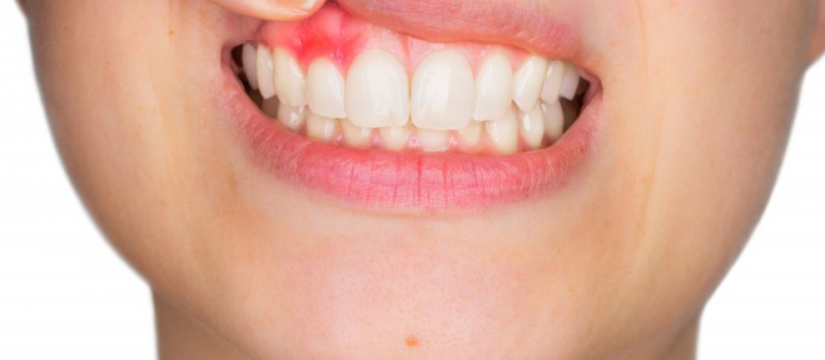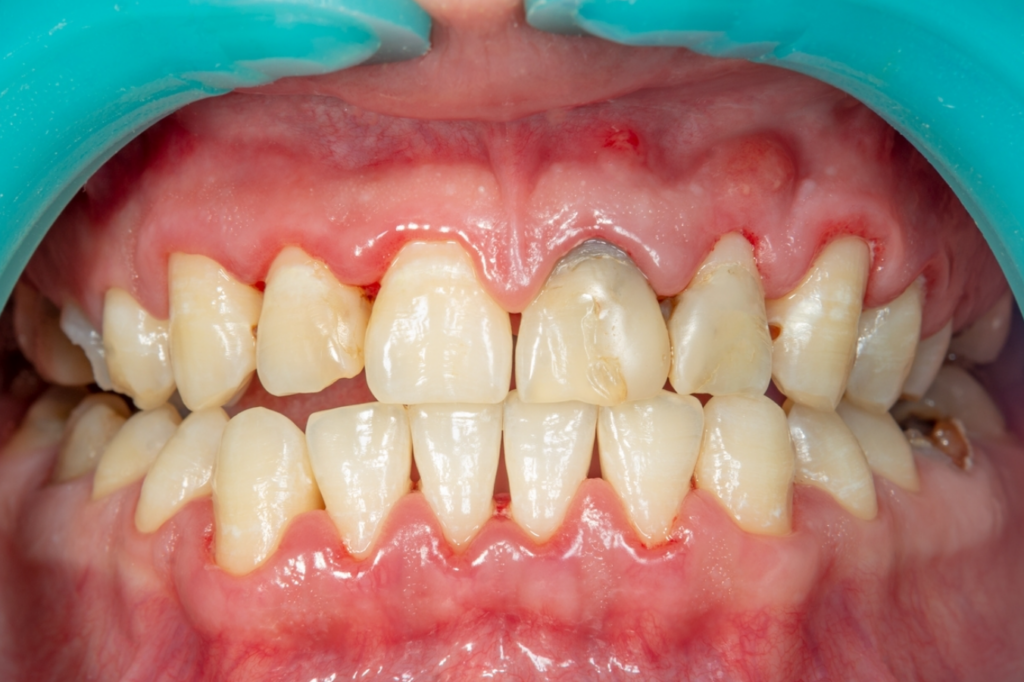
Gum disease, also known as periodontal disease, is a common but often overlooked dental health issue that affects millions of people worldwide. At Rockville Dental Arts, a trusted dentist in Rockville MD, we believe that education is key to prevention. In this comprehensive guide, we’ll explore the causes, symptoms, prevention strategies, and treatment options for gum disease, empowering you to take control of your oral health.
What is Gum Disease?
Gum disease is an infection of the tissues that surround and support your teeth. It’s typically caused by poor oral hygiene that allows plaque—a sticky film of bacteria—to build up on the teeth and harden. In its early stage, called gingivitis, the gums become swollen and red due to inflammation, which is the body’s natural response to the presence of harmful bacteria.
Stages of Gum Disease
- Gingivitis: This is the earliest stage of gum disease. Symptoms include red, swollen gums that may bleed easily when brushing or flossing. At this stage, the damage can be reversed, as the bone and connective tissue that hold the teeth in place are not yet affected.
- Periodontitis: If left untreated, gingivitis can progress to periodontitis. In this stage, the inner layer of the gum and bone pull away from the teeth and form pockets. These small spaces between teeth and gums collect debris and can become infected. As the disease progresses, the pockets deepen, and more gum tissue and bone are destroyed.
- Advanced Periodontitis: In this final stage of gum disease, the fibers and bone supporting your teeth are destroyed. This can cause your teeth to shift or loosen and can affect your bite. If aggressive treatment can’t save them, teeth may need to be removed.
Causes and Risk Factors
Several factors can increase your risk of developing gum disease:
- Poor oral hygiene
- Smoking or chewing tobacco
- Genetics
- Crooked teeth that are difficult to keep clean
- Pregnancy
- Diabetes
- Certain medications
- Compromised immunity (e.g., due to HIV/AIDS, cancer treatment)
Symptoms of Gum Disease
Watch out for these warning signs:
- Red, swollen, or tender gums
- Bleeding while brushing, flossing, or eating hard food
- Receding gums
- Loose or separating teeth
- Persistent bad breath
- Pus between your teeth and gums
- A change in the way your teeth fit together when you bite
Preventing Gum Disease
At Rockville Dental Arts, we firmly believe that prevention is better than cure. Here are some effective strategies to prevent gum disease:
- Practice Good Oral Hygiene: Brush your teeth at least twice a day and floss daily. This helps remove plaque and food particles that contribute to gum disease.
- Use the Right Tools: Choose a soft-bristled toothbrush and consider using an electric toothbrush, which can be more effective at removing plaque. Don’t forget to replace your toothbrush every three to four months.
- Adopt Proper Brushing Technique: Use gentle, circular motions to brush your teeth and gums. Don’t forget to brush your tongue, which can harbor bacteria.
- Floss Correctly: Curve the floss around each tooth in a C shape and gently slide it under the gum line.
- Use Mouthwash: An antimicrobial mouthwash can help reduce plaque and can reach areas that brushing and flossing may miss.
- Eat a Balanced Diet: A diet rich in vitamins C and D, as well as minerals like calcium and phosphorus, can help promote healthy gums.
- Quit Smoking: If you smoke, consider quitting. Smoking is strongly associated with the onset of gum disease.
- Manage Stress: High stress levels can make it harder for your body to fight off infections, including gum disease.
- Regular Dental Check-ups: Visit Rockville Dental Arts or your local dentist at least twice a year for professional cleanings and dental exams.
Treatment Options
If you develop gum disease, don’t panic. There are several treatment options available, depending on the severity of your condition:
- Professional Dental Cleaning: For early-stage gum disease, a professional cleaning by your dentist or dental hygienist may be sufficient.
- Scaling and Root Planing: This deep-cleaning, non-surgical procedure involves scraping off tartar from above and below the gum line (scaling) and smoothing out rough spots on the tooth root (planing).
- Medications: Antibiotic gels, inserts, or oral antibiotics may be prescribed to help control bacterial infection.
- Surgical Treatments: For advanced periodontitis, flap surgery (to reduce periodontal pockets) or bone and tissue grafts (to regenerate lost bone or gum tissue) may be necessary.
The Importance of Early Detection
Gum disease is often painless in its early stages, which is why regular dental check-ups are crucial. At Rockville Dental Arts, our experienced team can detect early signs of gum disease during routine dental exams. Early detection and treatment can stop the progression of the disease and may even reverse some of the damage.
The Connection Between Gum Health and Overall Health
It’s important to note that gum health isn’t just about your mouth. Research has shown links between periodontal disease and several other health conditions, including heart disease, diabetes, and respiratory diseases. By maintaining healthy gums, you’re contributing to your overall health and well-being.
Conclusion
Understanding gum disease is the first step in preventing it. By practicing good oral hygiene, making healthy lifestyle choices, and scheduling regular check-ups at Rockville Dental Arts, you can significantly reduce your risk of developing gum disease.
Remember, your gums are the foundation of a healthy smile. They deserve the same care and attention as your teeth. If you have any concerns about your gum health or if it’s been a while since your last dental check-up, we encourage you to schedule an appointment with us at Rockville Dental Arts. Our team is committed to helping you achieve and maintain optimal oral health for a lifetime of beautiful, healthy smiles.

